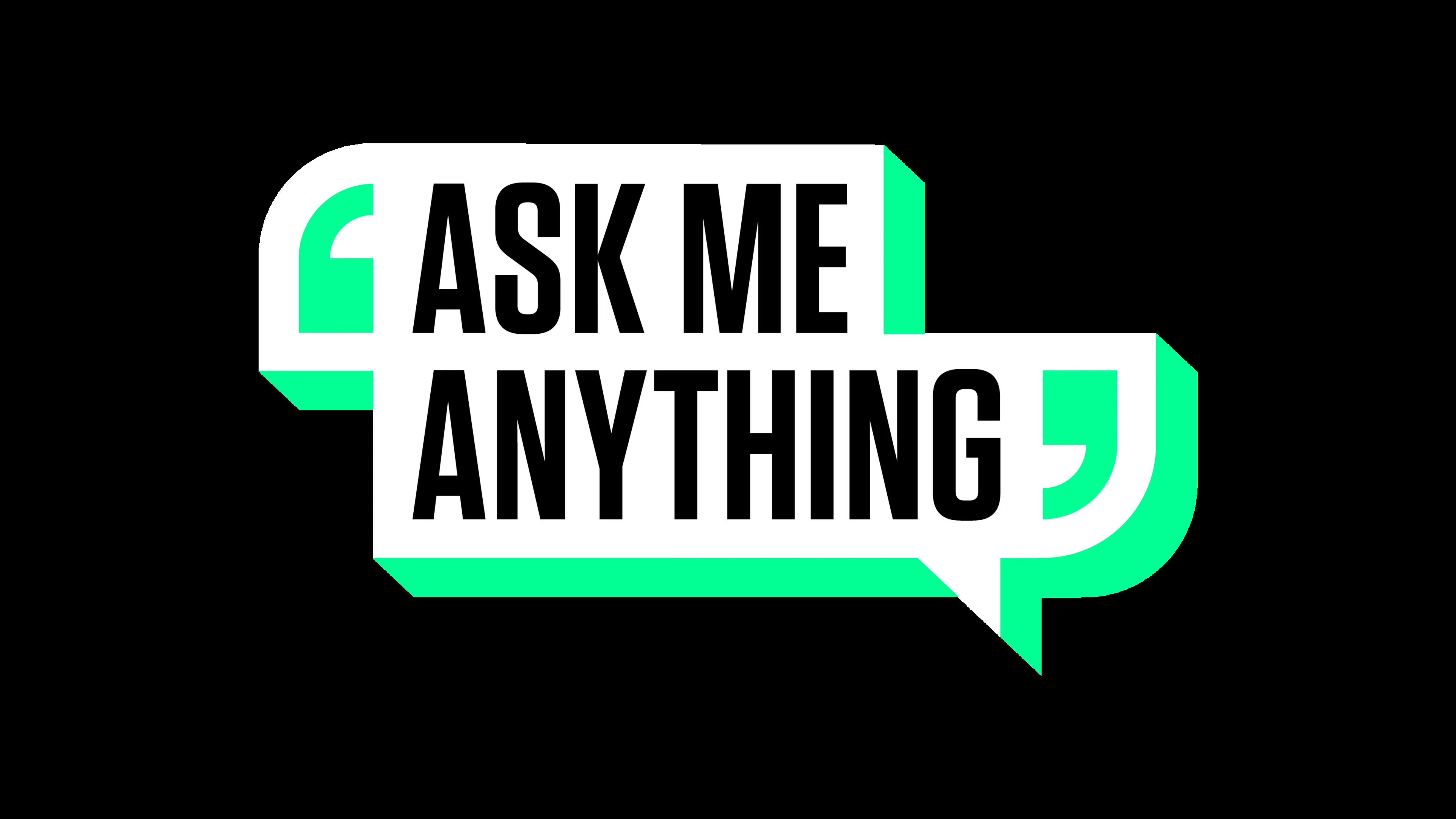
Latest
Update
Today's Top Highlights
Explore the intersection of technology and creativity through storytelling in the digital era.



The Jimmy Kimmel Show Halted Without a Set Return After Presenter's Conservative Figure Statements
By Jennifer Moyer
•
18 Sep 2025

TV personality Jimmy Kimmel temporarily taken off air over controversial remarks regarding Charlie Kirk
By Jennifer Moyer
•
18 Sep 2025

Chelsea's manager explodes after Bayern Munich defender Jonathan Tah avoids dismissal during Champions League setback
By Jennifer Moyer
•
18 Sep 2025

Atletico's Coach Expresses Regret After Altercation involving Liverpool Supporters
By Jennifer Moyer
•
17 Sep 2025


My Community Remains Underwater Most of the Year—Officials Embezzle Taxpayer Money
By Jennifer Moyer
•
17 Sep 2025

Low-Dose Aspirin Demonstrates ‘Huge Effect’ in Stopping Colorectal Cancer Relapse, Trial Confirms
By Jennifer Moyer
•
17 Sep 2025

Defending Champions Paris Saint-Germain Dominate Atalanta in Commanding European Start
By Jennifer Moyer
•
17 Sep 2025

Kane Scores Twice as Bayern Munich Defeat Chelsea in European Comeback
By Jennifer Moyer
•
17 Sep 2025

Paris Saint-Germain Overpower Atalanta while Marcus Thuram Scores Twice to Give Inter Milan Victory at Dutch Giants
By Jennifer Moyer
•
17 Sep 2025
September 2025 Blog Roll
August 2025 Blog Roll
July 2025 Blog Roll
June 2025 Blog Roll
Popular Posts
Sponsored News
 News
News
Five law enforcement personnel wounded in PA, including three in grave condition
 By Jennifer Moyer
•
17 Sep 2025
By Jennifer Moyer
•
17 Sep 2025
 News
News
British Premier Turns to £150 Billion Investment Package to Counter Backlash Over American Leader's State Visit
 By Jennifer Moyer
•
17 Sep 2025
By Jennifer Moyer
•
17 Sep 2025
 News
News
Last-Gasp The Reds Claim Victory After Spurning Two-Goal Advantage
 By Jennifer Moyer
•
17 Sep 2025
By Jennifer Moyer
•
17 Sep 2025
 News
News
Liverpool’s captain heads last-gasp winner versus Atlético Madrid
 By Jennifer Moyer
•
17 Sep 2025
By Jennifer Moyer
•
17 Sep 2025
 News
News
England’s striker Scores Twice to Dash Chelsea FC's European Comeback
 By Jennifer Moyer
•
17 Sep 2025
By Jennifer Moyer
•
17 Sep 2025
 News
News
Hiker Attacked by Wild Animal in National Park Air Lifted to Trauma Center
 By Jennifer Moyer
•
17 Sep 2025
By Jennifer Moyer
•
17 Sep 2025




